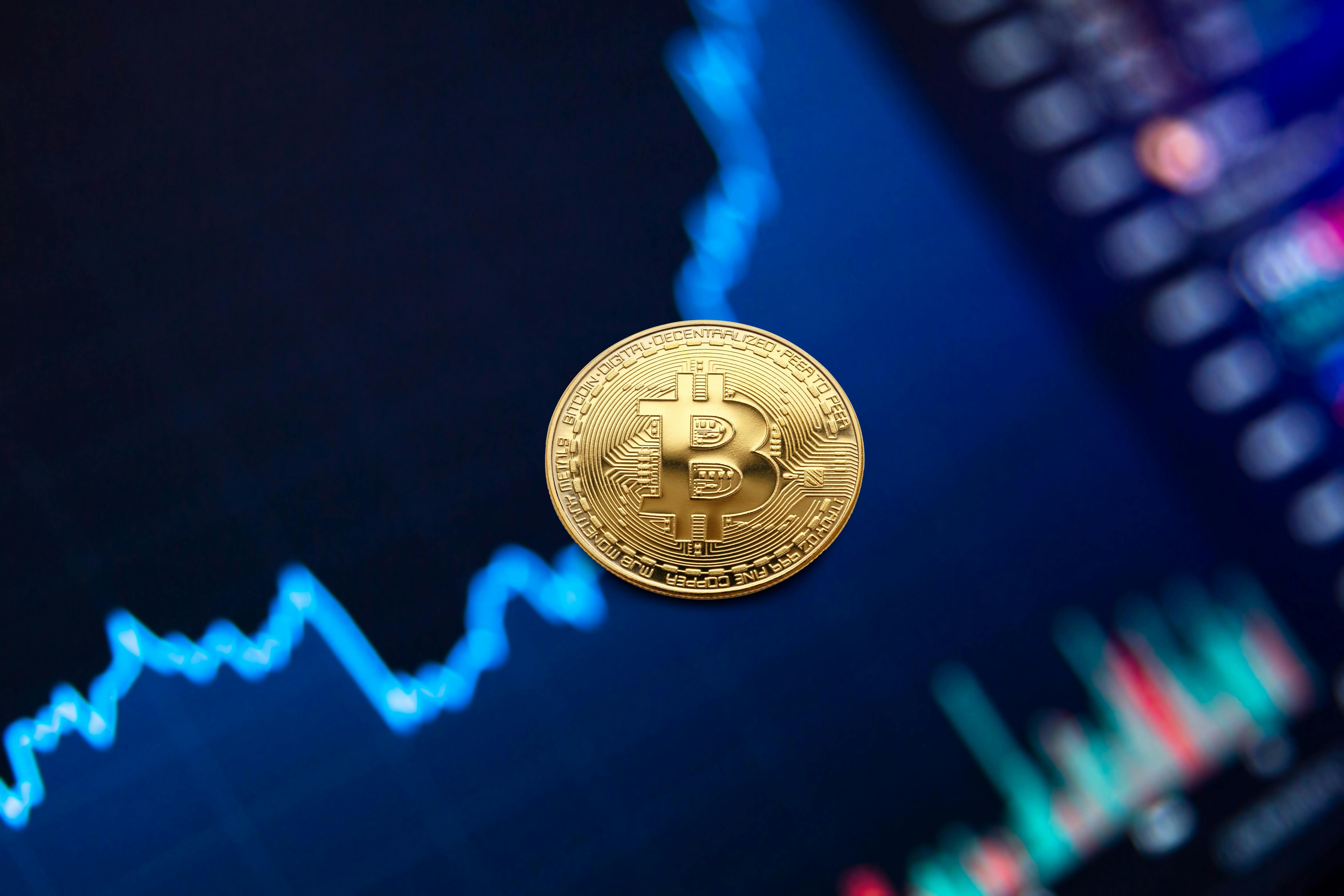
The Role of AI in Blockchain Technology: Transforming Decentralized Finance and Real-World Assets
The Role of AI in Blockchain Technology: Transforming Decentralized Finance and Real-World Assets

Introduction to AI and Blockchain Convergence
The intersection of artificial intelligence (AI) and blockchain technology represents one of the most transformative technological convergences of the 21st century. As decentralized finance (DeFi) continues to evolve, the integration of AI-powered solutions is revolutionizing how we conceptualize, develop, and implement blockchain-based financial systems and real-world asset (RWA) tokenization.
Key AI Applications in Blockchain Ecosystems
Intelligent Smart Contract Development
Artificial intelligence is dramatically enhancing smart contract capabilities by introducing advanced predictive analytics, automated risk assessment, and intelligent contract optimization. Machine learning algorithms can now analyze historical transaction data, identify potential vulnerabilities, and suggest improvements in contract design across multiple blockchain protocols.
Advanced Risk Management and Compliance
In the complex landscape of international financial regulations, AI-powered blockchain solutions are emerging as critical tools for comprehensive compliance and risk mitigation. Advanced machine learning models can instantaneously analyze transactions across different jurisdictions, flagging potential regulatory inconsistencies and ensuring adherence to evolving legal frameworks in regions like the United States, Switzerland, and the Cayman Islands.
Top AI-Powered Blockchain Protocols in 2024
| Protocol | Primary Focus | AI Integration | Jurisdiction |
|---|---|---|---|
| ChainML | Predictive Analytics | Advanced Risk Modeling | USA |
| SingularityNET | Decentralized AI Marketplace | Machine Learning Optimization | BVI |
| Fetch.ai | Autonomous Economic Agents | Intelligent Contract Execution | Switzerland |
Market Analysis and Future Implications
Recent market research indicates a significant growth trajectory for AI-blockchain integration. According to Gartner's 2024 blockchain report, AI-enhanced blockchain solutions are projected to generate over $15.3 billion in value across financial services and enterprise applications.
Technological Frameworks and Legal Considerations
The legal frameworks surrounding AI and blockchain integration are rapidly evolving. Jurisdictions like Liechtenstein and the Cayman Islands are developing progressive regulatory environments that accommodate innovative technological intersections, creating sandboxes for experimental blockchain and AI implementations.
Emerging Technological Trends
Machine learning algorithms are increasingly being deployed to enhance blockchain scalability, improve consensus mechanisms, and create more intelligent decentralized networks. These advancements are particularly critical in developing more efficient tokenization strategies for real-world assets.
Tokenization and AI-Driven Valuation
AI is revolutionizing asset tokenization by providing more accurate, real-time valuation models. Machine learning algorithms can analyze complex market dynamics, historical performance, and predictive indicators to create more sophisticated and reliable asset representation on blockchain platforms.
Technical Challenges and Innovation Pathways
Despite significant advancements, the integration of AI and blockchain still faces considerable technical challenges. Issues surrounding computational complexity, data privacy, and scalability remain critical areas of ongoing research and development.
About RWA.codes
At RWA.codes, we specialize in developing cutting-edge blockchain solutions that leverage the transformative potential of AI technologies. Our expert team provides comprehensive services in blockchain development, legal compliance, and advanced tokenization strategies across international jurisdictions.